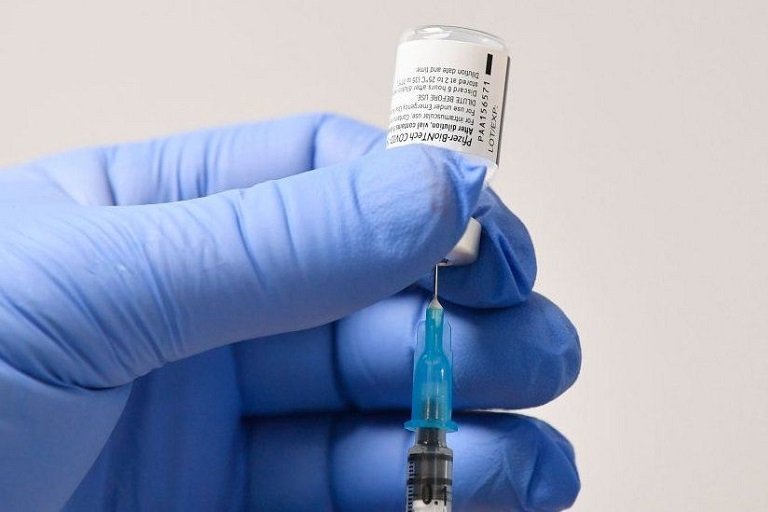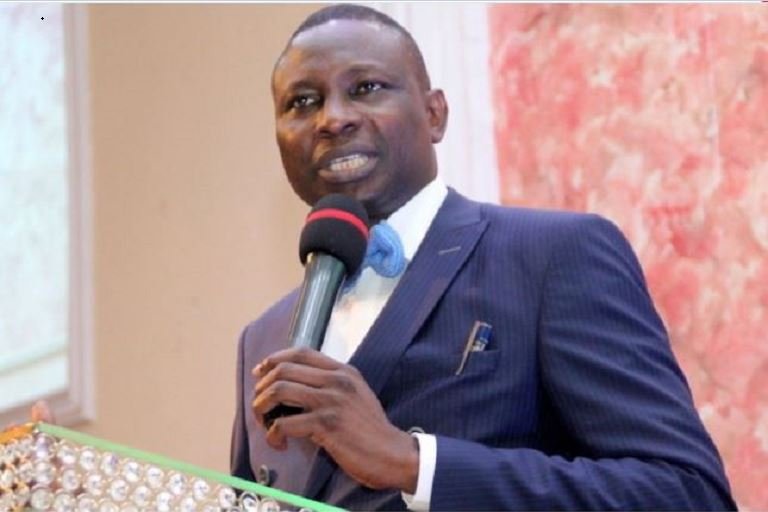The Nigerian government received a total of $9,261,920 from the Canadian government on Wednesday to boost COVID-19 vaccine delivery in the country.
The grant came as the federal government reported that, while it had made substantial progress in its vaccination efforts, numerous states had primary series coverage of less than 70%, with booster doses accounting for little more than 20% of vaccinations.
To mitigate this, it explained that the fund targeted states with poor performance and attempted to reach high-priority populations.
The grant was announced by Jamie Chrisoff, the Canadian High Commissioner to Nigeria, during the launch of the Canada Global Initiative for Vaccine Equity, CanGIVE Grant, in Abuja by the Federal Ministry of Health in conjunction with the National Primary Health Care Development Agency, NPHCDA.
CanGIVE is a two-year grant of $9,261,920 from Global Affairs Canada to the World Health Organization to assist in the scale-up of Covid-19 vaccine service delivery among priority risk populations and strengthen health systems in Nigeria.
The project’s purpose is to scale up Covid-19 vaccine service delivery among high-priority risk groups in Nigeria, with an emphasis on community participation, in the context of resolving service delivery disparities, with a focus on disparities in gender and sub-national geographical locations.
Benue, Kogi, Taraba, Kebbi, Katsina, Anambra, Ebonyi, Akwa Ibom, Bayelsa, Delta, Edo, Rivers, Lagos, Ogun, and Ondo are the implementing states in the country.
The Canadian High Commissioner, Jamie Christoff, noted on the occasion that the project’s goal was to boost vaccination distribution infrastructure and community outreach in order to target high-priority and vulnerable groups.
The effort, he says, also intends to “integrate Covid-19 within routine health services in a way that strengthens the broader health system, including increased gender-responsive capacity.”











